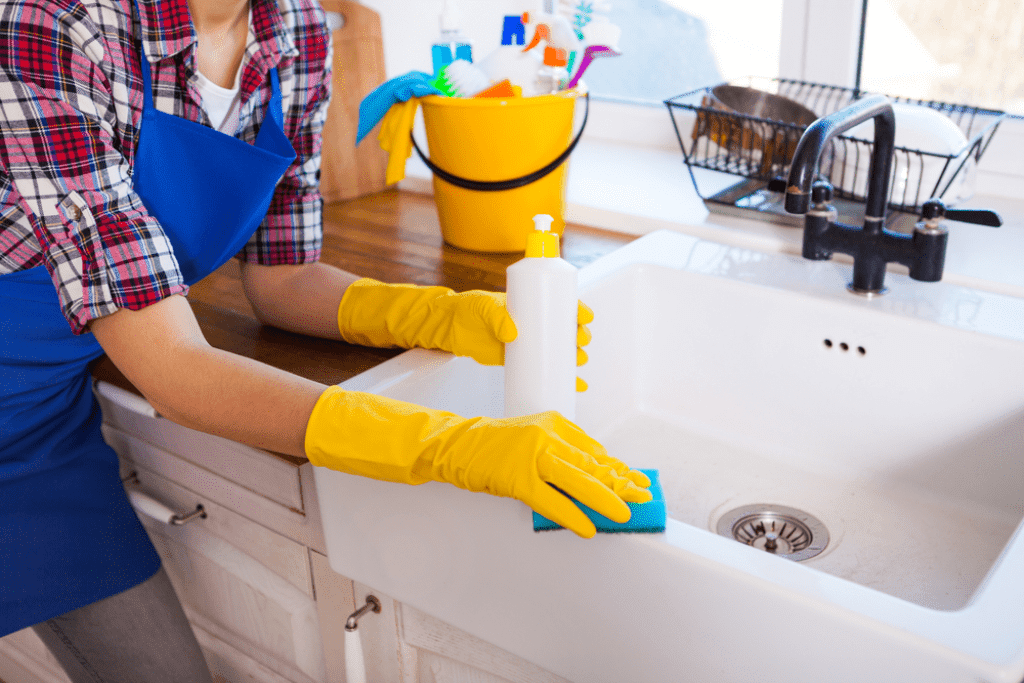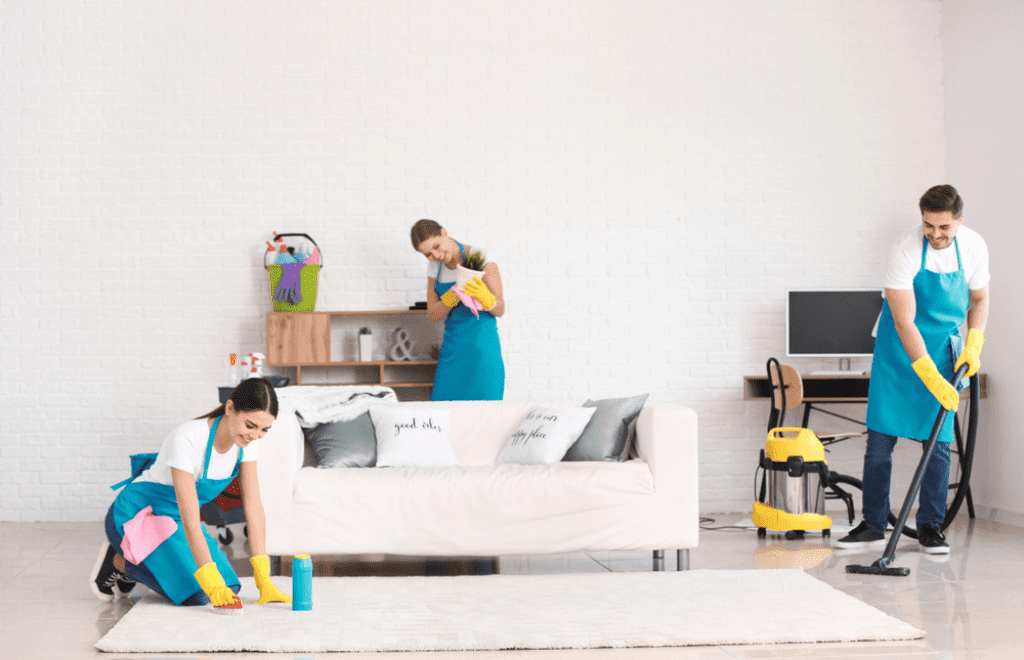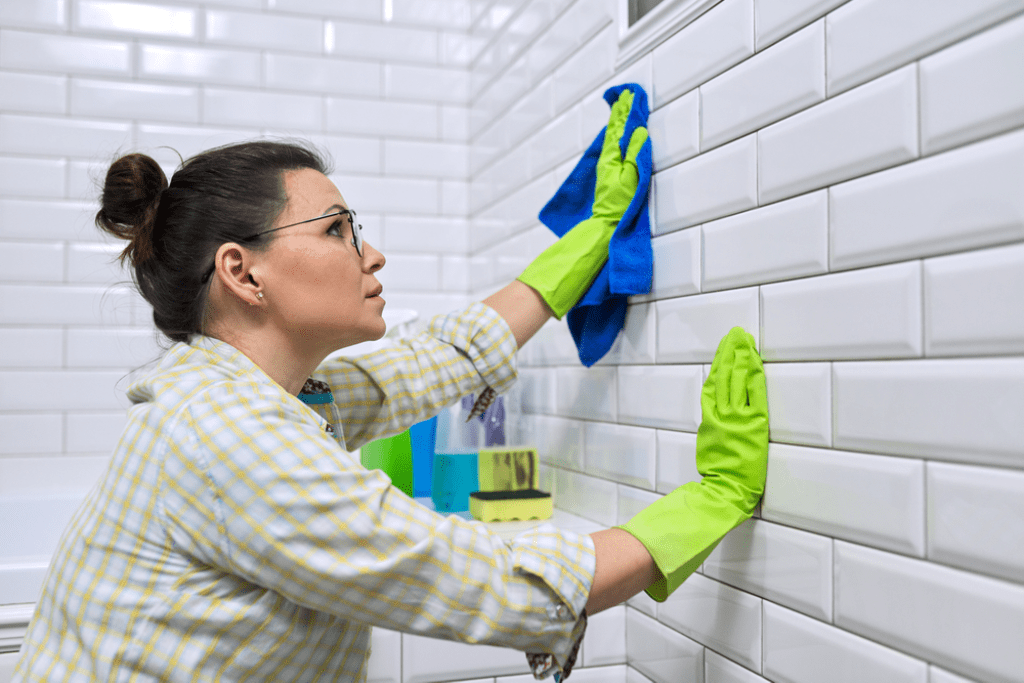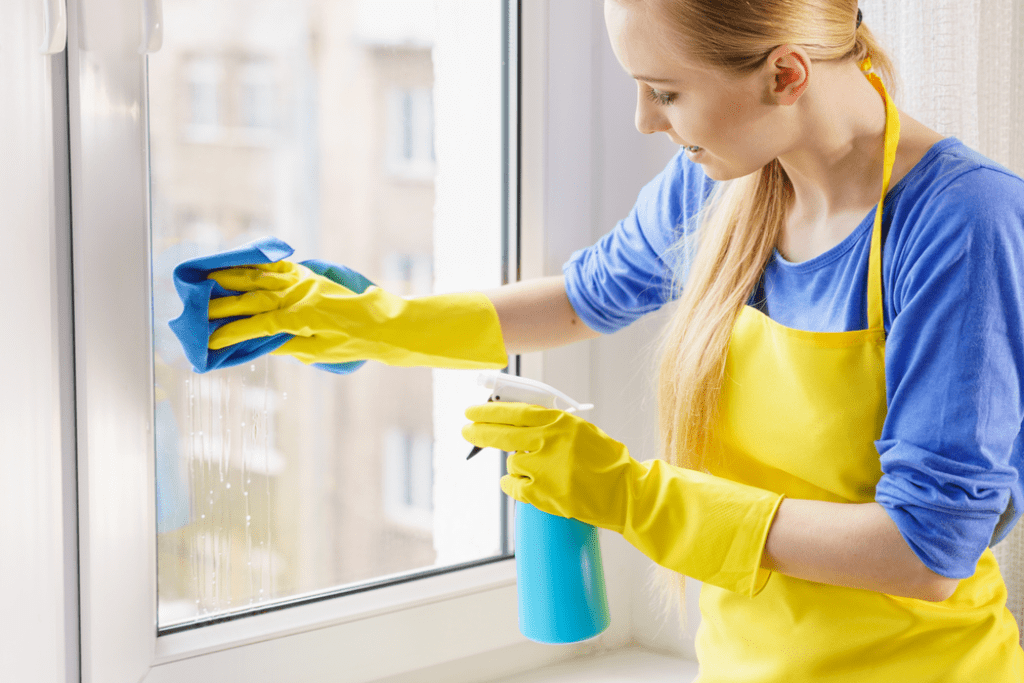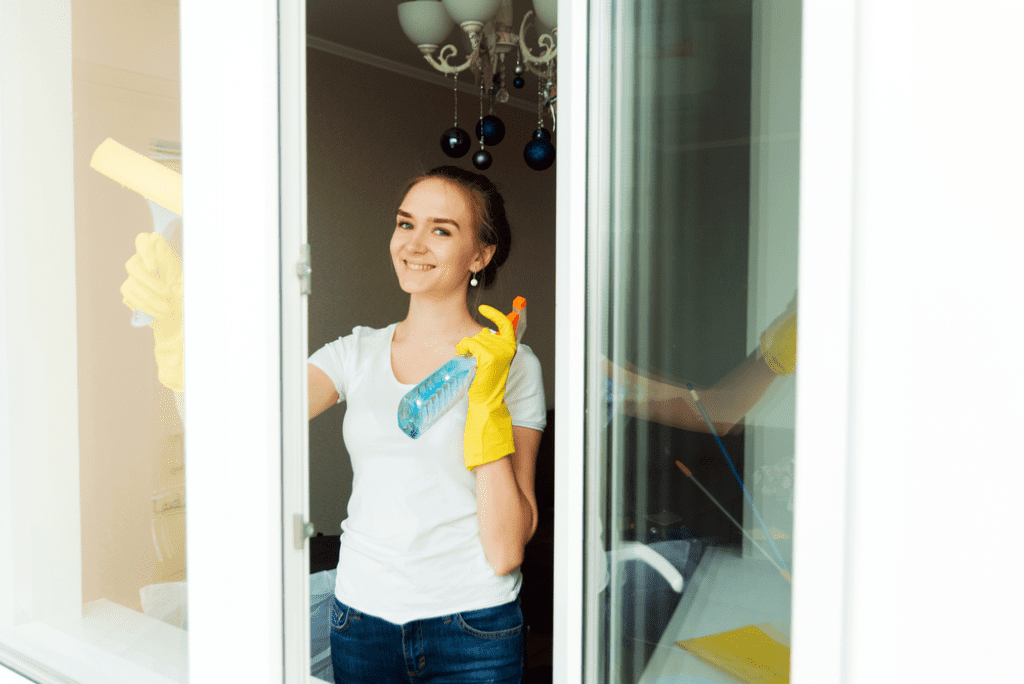Keeping a clean and tidy home is a never-ending task that requires time, effort, and dedication. While it can seem overwhelming at first, developing a cleaning routine that works for you can help make the process easier and more manageable. In this article, we will discuss some tips and strategies for creating a cleaning routine that will help you maintain a clean and organized home.
- Assess Your Cleaning Needs
Before you start developing your cleaning routine, it’s important to assess your cleaning needs. This includes taking stock of the size of your home, the number of rooms, the type of surfaces you have, and any specific cleaning challenges you may face. For example, if you have pets, you may need to clean more frequently to keep up with their shedding. Once you have a clear understanding of your cleaning needs, you can create a plan that will work best for you.
- Make a Schedule
A cleaning routine is all about consistency, so it’s important to create a schedule that you can stick to. You can create a weekly or monthly schedule that outlines the tasks you need to complete and when you plan to do them. You can also break down your cleaning tasks by day or by room. For example, you may want to clean the bathrooms on Mondays and Wednesdays, the kitchen on Tuesdays and Thursdays, and the bedrooms on Fridays and Saturdays. The key is to find a schedule that works for you and your lifestyle.
- Create a Checklist
Creating a checklist of cleaning tasks can help you stay on track and ensure that you don’t miss anything important. You can create a checklist for each room in your home or for specific tasks, such as deep cleaning the carpets or washing the windows. Keep the checklist in a visible place, such as on your fridge or in your cleaning supplies cabinet, so that you can easily reference it when you need to.
- Get the Right Tools
Having the right cleaning tools is essential for getting the job done right. Make sure you have a variety of cleaning supplies on hand, such as all-purpose cleaners, glass cleaners, sponges, microfiber cloths, and a vacuum or broom. You may also want to invest in some specialized tools, such as a steam cleaner or a carpet shampooer, if you have specific cleaning needs.
- Involve Your Family
If you live with others, involving them in your cleaning routine can help make the process easier and more enjoyable. You can assign tasks to each person, such as dusting or vacuuming, and create a rewards system to motivate everyone to participate. This can also help teach children the importance of taking care of their home and belongings.
- Be Realistic
Finally, it’s important to be realistic about your cleaning routine. You may not always have the time or energy to complete every task on your list, and that’s okay. If you find that your cleaning routine is not working for you, don’t be afraid to make changes and try something new. The key is to find a routine that works for you and helps you maintain a clean and organized home.
In conclusion, developing a cleaning routine that works for you can help make the process of keeping your home clean and tidy much more manageable. By assessing your cleaning needs, creating a schedule and checklist, getting the right tools, involving your family, and being realistic, you can create a routine that will help you maintain a clean and organized home.

